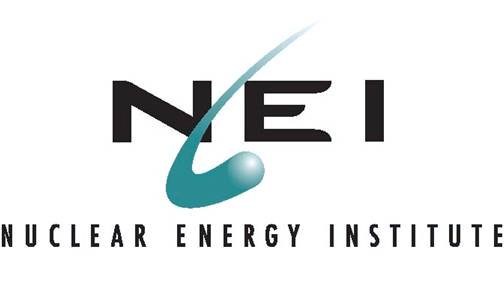Nuclear Reactors 732 - Purdue University Is Researching Cybersecurity For Digital Upgrades To Nuclear Power Reactors Safety Systems - Part 2 of 4 Parts
Part 2 of 4 Parts (Please read Part 1 first)
Doug True is the chief nuclear officer for the Nuclear Energy Institute (NEI), a nuclear power industry trade group. He was one of the speakers at a May briefing for the Nuclear Regulatory Commission about digital instrumentation and control. He said, “We have plants that are aging, we have plants that are making decisions about moving into subsequent license renewal where digital controls are important.”
Last week, the NRC granted a license renewal for the Turkey Point nuclear power plant owned by Florida Power & Light to operate for another twenty years. If Turkey Point continues to operate for the entire renewal period, it will be the first U.S. nuclear power reactor to operate for eighty years.
Dominion Energy is also applying for a license renewal for their Surry Power Station in Virginia. The two reactors at Surry have been operating since 1972 and 1973 respectively. Unless their licenses are extended, they will have to cease operation in 2032 and 2033 respectively. Kenneth Holt is a Dominion Energy spokesman. He said, “We are evaluating converting several analog systems to digital.”
The systems that Dominion is considering for conversion include the “annunciators” which are the big panels in the reactor control rooms which have lights to indicate warning signs about the status of the reactors. The systems that show the position of the control rods in the reactor cores will also be converted. Holt said, “It is difficult to find replacement parts for many of the analog. In some cases, the manufacturer went out of business 20 years ago.”
There are very strict rules about cybersecurity at U.S. nuclear power plants. These may pose a challenge when it comes to installing more digital equipment at a nuclear power plant. Any digital service or piece of software that is connected to systems meant to prevent radiological sabotage must be continuously scanned and updated. Additional actions must be taken to ensure that such devices and software have not been and cannot be compromised by cyberattacks. In addition, any member of the staff who has access to this hardware and software must undergo regular background checks as well as tests for reliability, trustworthiness and psychological stability.
Please read Part 3
